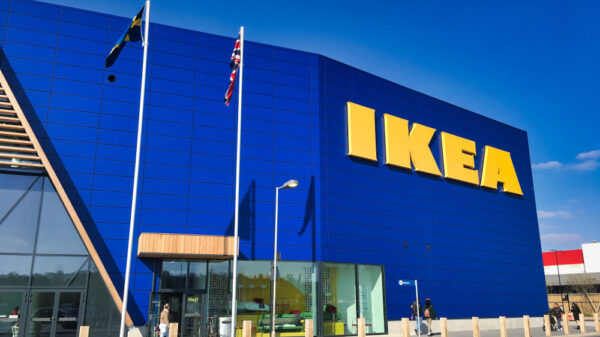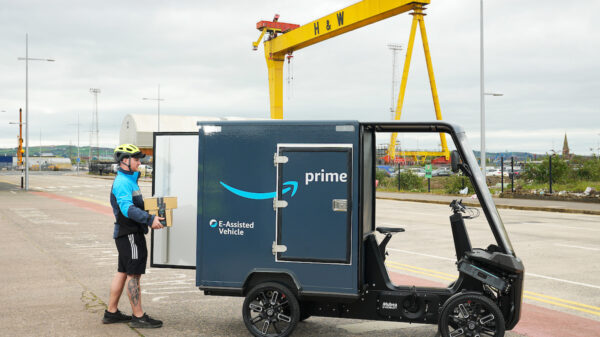Foot Locker and Louis Vuitton are among the fashion brands and retailers that have been named for putting workers at risk by failing to eradicate forced labour from across their supply chains.
The brands were named in the fourth edition of the KnowTheChain benchmark, which looks to help companies protect the wellbeing of their workers by identifying gaps.
Data from the Business and Human Rights Resource Centre (BHRRC) was used to report on and score 65 of the world’s largest apparel and footwear companies on their efforts to protect workers throughout their supply chains from the risks associated with forced labour risks.
Foot Locker scored just 2 out of 100 while Louis Vuitton didn’t fare much better with a score of 6. Canada Goose, TK Maxx owner TJX and Prada all scored less than ten.
Subscribe to Sustainability Beat for free
Sign up here to get the latest sustainability news sent straight to your inbox everyday
Overall, 77% of the benchmarked fashion companies source from at least one country at high-risk of forced labour, although just 8% disclosed any detail on the forced labour risks identified across their specific supply chain tiers.
At the other end of the spectrum, the highest performing company was Lululemon, which scored 63 for disclosing its stronger human rights due diligence efforts to address forced labour risks.
Adidas and Puma were the only other apparel and fashion companies to score more than 50.
BHRRC head of KnowTheChain and investor strategy Áine Clark said although the fashion industry has been in the “media spotlight” for its human rights abuses, companies are simply “not adapting” to the scale and scope of these issues across their supply chains.
“With the recent political deal on the EU’s Corporate Sustainability Due Diligence Directive, this year’s benchmark findings should serve as an especially timely call to action for companies and their investors to look again at business models that perpetuate abuse and create shared prosperity for CEOs, shareholders and, crucially, workers alike,” Clark added.
















1 Comment. Leave new
UK companies in a similar position might struggle with their Modern Slavery Act compliance.